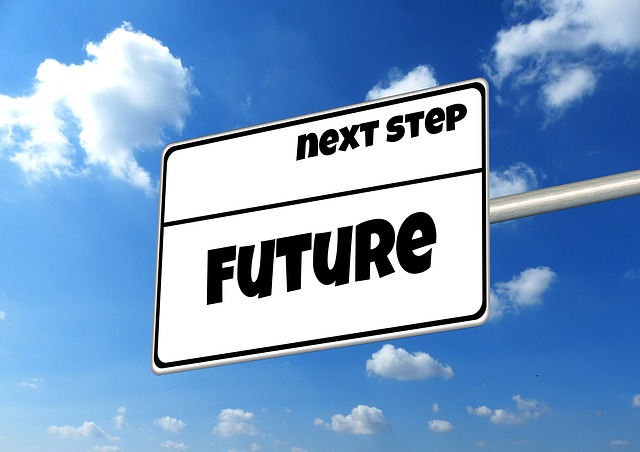Will vs. (Be) going to

WILL and (BE) GOING TO are similar but different. Here are the differences.
WILL is used for:
Promises: things we promise to do in the future
Examples:
I will pay you back as soon as I get paid.
She told me she’ll be here by four o’clock.
I promise I won’t tell your parents you weren’t in school.
I will stop by after work and we can finish this.
Don’t worry. I’ll help you when the time comes.
Facts: things that are always true
Examples:
Water will boil at 100 degrees centigrade.
(Also: Water boils at 100 degrees centigrade.)
Near the end of its life, a star will collapse into a tiny “white dwarf.”
(Also: Near the end of its life, a star collapses into a tiny “white dwarf.”)
Don’t phone her now. She’ll be asleep.
(Also: Don’t phone her now. She is asleep.)
More light will be needed to make this plant healthy.
(Also: More light is needed to make this plant healthy.)
With expressions: probably, I think, I hope: when we’re uncertain about the future
Examples:
He’ll probably fall asleep in the back seat.
I think they’ll be very happy together.
I hope you’ll reconsider your decision.
Volunteering: doing something for someone else
Examples:
I’ll get the phone.
I’ll get a broom and clean it up.
I’ll make some sandwiches to take with us.
That looks heavy. I’ll help you carry it.
Requesting: asking for something
Examples:
Will you get some paper towels to soak this up?
Will you marry me?
Will you help me move this couch closer to the window?
Will you come with me to the immigration office?
(“Will” can be replaced by “would”, “can”, and “could.”)
Refusing: saying no
Examples:
I won’t tolerate her bad behavior any longer.
I will not do your homework for you.
I won’t be coming to your graduation. I’ll be out of town.
The professor says she will not accept any late papers.
(BE) GOING TO is used for:
Evidence: things that tell us that something is true
Examples:
It looks like it’s going to be another beautiful day today.
We’re not going to get in the restaurant for hours. Look at that long line.
Stop driving so fast. One of these days you’re going to get a ticket.
Be careful! You’re going to spill your coffee.
Plans: things we’re already thinking about.
Examples:
Tomorrow I’m going to look for a new pair of shoes.
We’re going to visit our relatives in Manitoba this summer.
How are you going to keep dry if it starts raining?
Who’s going to cook for us while mommy is in the hospital?
I’m going to be a fire fighter when I grow up.
Both WILL and (BE) GOING TO are used for:
Certainty: things we are sure about
Examples:
I know you will like the present I picked out.
I know you’re going to like the present I picked out.
The boss won’t like what you’re doing.
The boss isn’t going to like what you’re doing.
You’ll be sorry.
You’re going to be sorry.
Predictions: things we believe about the future
Examples:
I’m sure she will be here soon.
I’m sure she’s going to be here soon.
When he arrives, I know he will be tired.
When he arrives, I know he’s going to be tired.
Tomorrow it will be sunny.
Tomorrow it’s going to be sunny.
I’m certain he’ll do a good job painting the kitchen.
I’m certain he’s going to do a good job painting the kitchen.
Your Score:
Your Ranking:
© 2013 Ambien Malecot